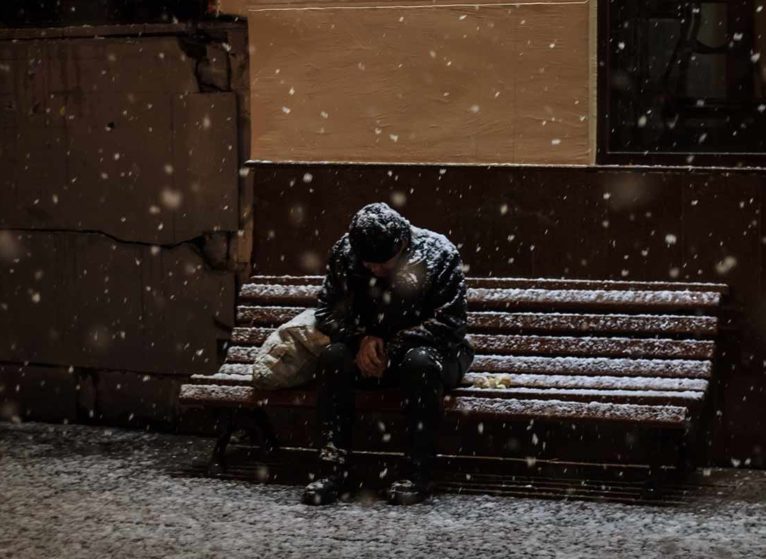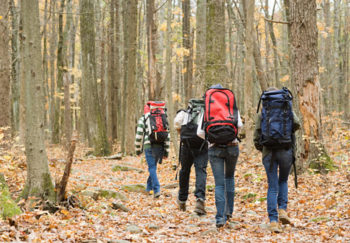Hypothermia, an abnormally low body temperature, is a condition that most people are familiar with. However, do you really know how to spot the signs and symptoms of hypothermia?
We reached out to emergency medicine expert Nathan Charlton, MD, to get more information that can help you protect yourself, your family, and your neighbors.
Seeing hypothermia patients at the UVA Emergency Department is fairly common during the cold winter months. The good news is that most hypothermia cases aren’t due to recreational activities. “The majority of cases are actually due to complications from underlying health issues or social situations like homelessness,” says Charlton.
Signs & Symptoms of Hypothermia
When we get cold, our body naturally starts to shiver to try to warm us up. As we continue to get colder, the body begins to slow down.
“This is when we can develop sluggishness, confusion and become uncoordinated. Eventually, your heart rate will start to slow, your blood pressure will drop, and you could lose consciousness. These signs of hypothermia should prompt us to leave that environment as soon as possible,” says Charlton.
Charlton adds, “Diseases and medications that impair blood flow or prevent your body from warming itself naturally can put you at a higher risk for hypothermia.” This includes:
- Heart disease
- Diabetes
- Sepsis
- Hypoglycemia (low blood sugar)
In general, children and the elderly are also at higher risk because their bodies can’t adapt as well to frigid temperatures.
Hypothermia can occur within only 20 or 30 minutes in very cold temperatures (below freezing) if you’re not dressed appropriately. Other factors include wind, dampness, and how much you’re exposed. So, experiencing hypothermia is still possible even at warmer temperatures. “Water and solid objects drain more heat from the body than air, so it’s important to avoid getting wet or sitting on the cold ground,” adds Charlton.
Usually, there are no long-term effects from hypothermia once you get your body warmed up. However, other conditions like frostbite can leave permanent tissue damage.
How to Prevent Hypothermia
If you’re heading outdoors for an extended period of time during cold weather, take some extra time to plan. Check weather forecasts and remember that it gets dark earlier during the winter. Charlton also provided these tips:
- Wear wicking clothes as base layers to prevent sweat from saturating your clothing.
- Wear a hat and gloves.
- Eat frequently to maintain enough calories for metabolism.
- Keep hydrated to help blood flow to your extremities.
- Avoid sitting on the cold ground; use a pad or extra coat instead.
If you’re with someone who begins to show signs of hypothermia, get them inside and warmed up as soon as possible. If you’re outdoors away from any type of shelter, try to:
- Get them out of damp clothing or conditions.
- Shield them from the wind.
- If the person can eat, provide them with a sugary food or drink.
- Build a fire if possible.
Get Our Latest Articles In Your Email
Subscribe to the blog for health tips, recipes, and more.
As mentioned before, it’s unlikely that you’ll get hypothermia while participating in recreational activities in the cold. If you follow the tips above, listen to your body, and use common sense, you should have no problems. It’s important to continue to get outside and exercise, even during the winter.
Help Prevent Hypothermia in Your Community
Still, there are people in communities who are more likely to get hypothermia. Homelessness and other social issues can be a big factor.
Fortunately, most communities have shelters available during the winter months for those who need a place to sleep or get out of the cold. There are several ways that you can help support these shelters:
- Volunteer your time
- Donate clothing or blankets
- Donate money or food items
In the Charlottesville area, these include places like:
The COVID-19 pandemic has created extra challenges for these organizations, so many are in even greater need of contributions. Contact your local shelters or charity for their specific needs and requirements.


